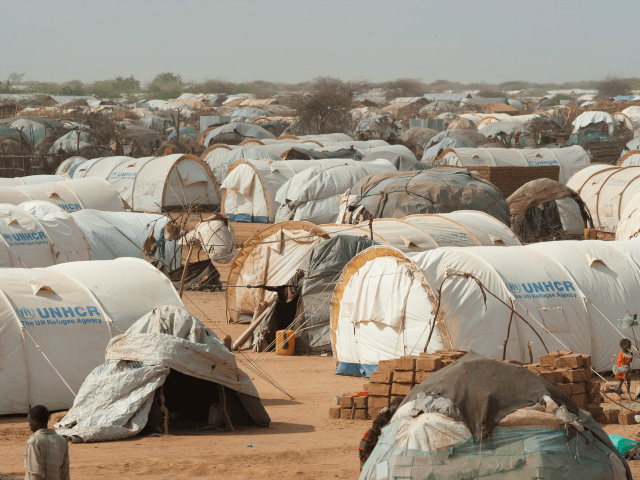A new ‘partnership framework’ to address the ongoing migrant crisis in Europe, using visa liberalisation and trade with non-European Union (EU) countries to help lessen the flow of migrants, has been proposed by the European Commission.
The Commission’s proposal hopes to address the ongoing migrant crisis in Europe with an €8 billion fund — rising to €60 billion with contributions from member states and the private sector — aimed at persuading Middle Eastern and African countries such as Tunisia, Jordan, Lebanon, Niger, Ethiopia and possibly even Libya to process migrants before they travel to the EU.
According to the Financial Times the initial €8 billion over the next four years will be redirected from existing EU development, relief and aid funds. The further €60 billion will come in the form of a ‘European External Investment Fund’, made up mainly of private money for public works and infrastructure projects aimed at tackling “root causes” of migration.
The new proposal, backed by big EU Member States such as Italy and Germany, will be published tomorrow. It will include financial and other incentives — including visa liberalisation and trade access — similar to those employed in the EU-Turkey deal which is already being worked on.
That deal has not yet been fully implemented but it has already lessened the flow of migrants through the Western Balkans, in effect shifting the migrant crisis to the Mediterranean.
The trickiest aspect of the policy to achieve is persuading countries outside the EU to accept the return of economic migrants and even processed refugees. This is where the Commission recommends the the use of combined EU and Member State influence to negotiate tailored migration deals which include what the Financial Times calls “financial and political sweeteners.”
Critics of the ‘partnership framework’ say a similar proposal made with African leaders at last year’s Valetta Summit yielded few results. They also suggest that it could even worsen the situation as by linking development aid to migration policy it can create incentives for recipient states which distort relations and cause human rights abuses.
For example, some have accused Kenya of attempting to secure extra finance from the EU similar to that intended for Turkey by suggesting it may close the Dadaab Refugee Camp, the largest such facility in the world.

COMMENTS
Please let us know if you're having issues with commenting.